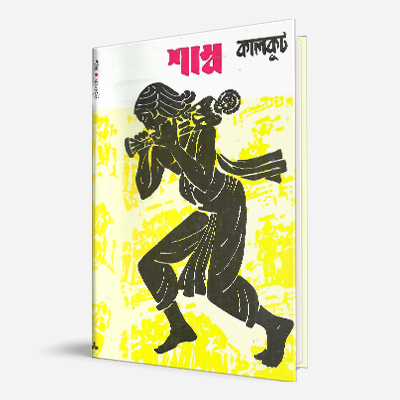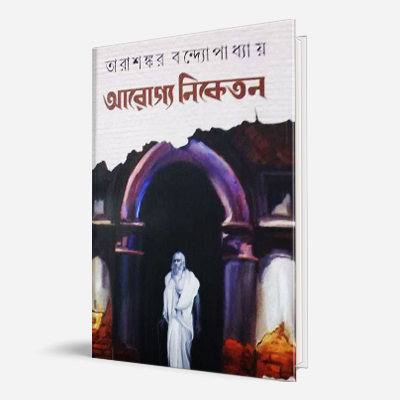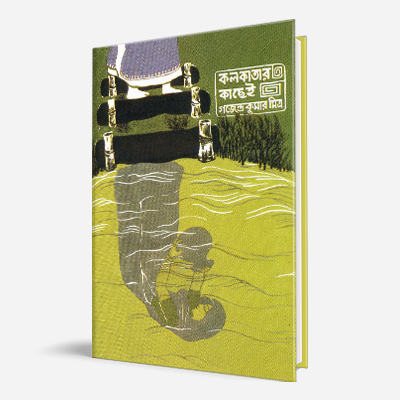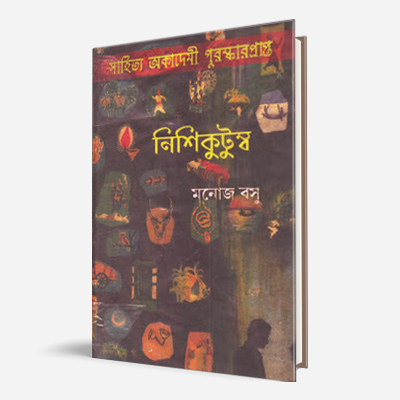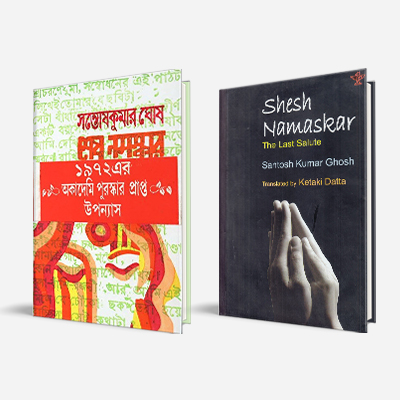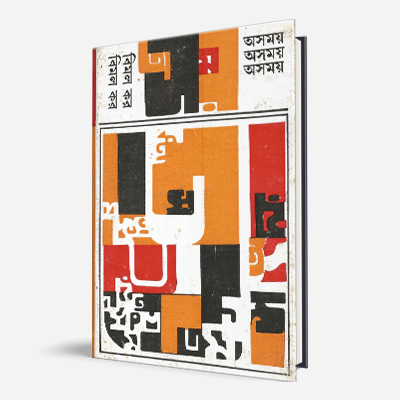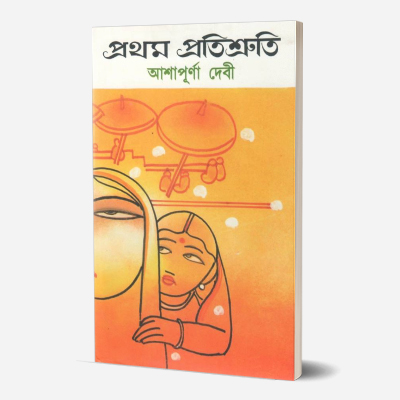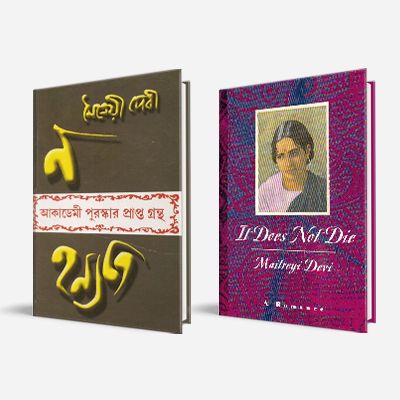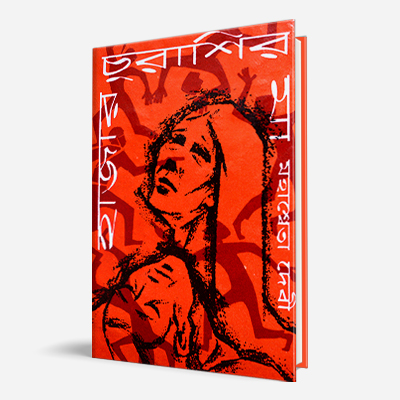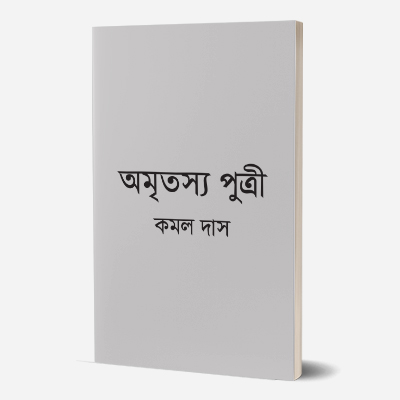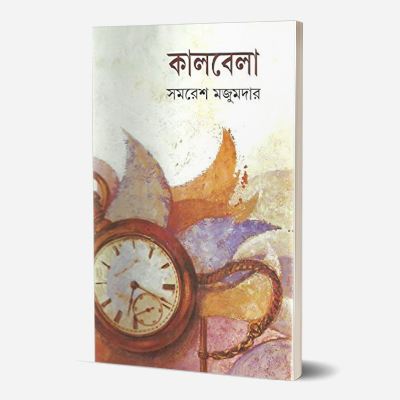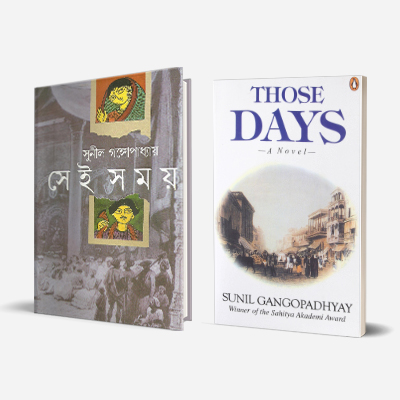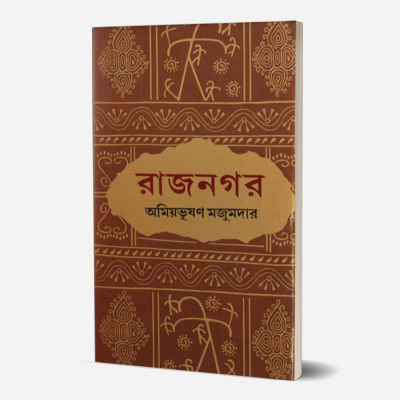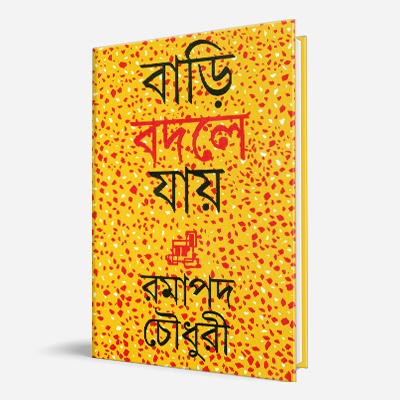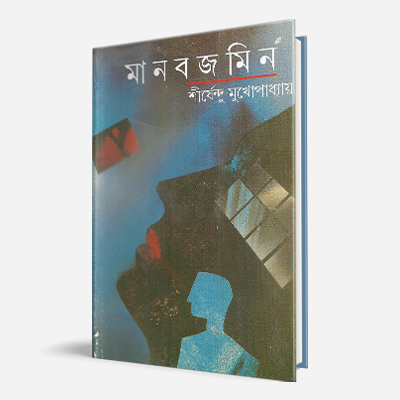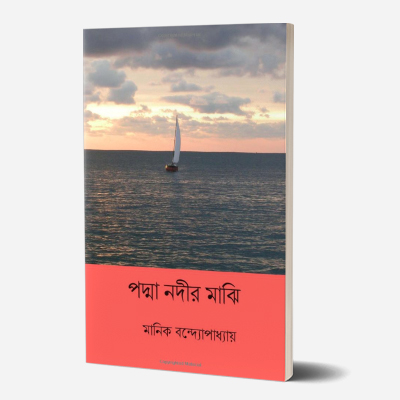Shamba
By Samaresh Basu 'Kalkut'
Shamba (1978) is an interesting modern interpretation of the Puranic tales. In fact, it was unique in its time for not being a purely socially realist work, but instead a transformation of an ancient legend to modernity. Written under his nom de plume ‘Kalkut’ (Deadly Poison), under which Basu published travelogues, this eponymous novel is less travel across land and more travel across time which takes the author right ‘from the bank of the Caspian to Kuru Panchala’ ending at Dvaravati, the home of the Yadavas. Guided by Suta, the official Puranic narrator, the author finds himself traversing the ‘true’ history of Aryan expansion where all characters from Indra to Krishna are ‘real’. The story depicts the life of Shamba, the most beautiful prince among the Yadavas, who is cursed with leprosy by his father, in a fit of acute sexual jealousy, roused by the popularity and attraction of Shamba with Krishna’s sixteen thousand women. Shamba searches for a cure helplessly, aided by a leper Neelakshi, and is finally healed by the followers of the Sun-god, to whom he dedicates his life and wealth. Thus, the book deals with themes of forgiveness, disability, egalitarianism, all through a meld of Buddhism, Hinduism, and modern Marxism, egalitarianism and feminism. In the words of critic Esha Dey, this makes the novel “existential history par excellence… [which] renders all encounters with reality a see-saw process of experience and analysis”. It received the Sahitya Akademi Award in 1980.
About the Author
A prolific writer with more than 200 short stories and 100 novels, including those written under the aliases ‘Kalkut’ and ‘Bhramar’, Samaresh Basu is a major figure in Bengali fiction. His life experiences influenced his writings and his gritty fiction featured workers, revolutionaries, and radicals who fought society and their own demons and disenchantment. Two of his novels were briefly banned on charges of obscenity. He was an active member of the trade union and the Communist party for a period, and was jailed during 1949–50 when the party was declared illegal. While in jail, he wrote his first novel, Uttaranga, which was published in book form. He often wrote under the pen name ‘Kalkut’ or ‘Bhramar’.
Also read
Mahakaler Rather Ghoda (1977)
Originally published in 1977, Mahakaler Rather Ghoda (Horse to the Chariot of Time) has also been translated into English as Fever by Arunava Sinha (2016). Dark, powerful and full of ambiguities, the classic Mahakaler Rather Ghoda questions the human cost of revolution and its inevitable transience. A sensation in its time, it remains one of the greatest novels about the Naxalite movement which introduces the readers to Ruhiton Kurmi who has been in jail for seven years. Once a notorious Naxalite, he is now a withered shell; a man broken by torture, racked with fevers and sores. The fever which haunts Ruhiton emotionally and physically till the end becomes the symbol of decay, doubt and despair that encapsulates different kinds of sicknesses—in the socio-political power structure that Ruhiton and his comrades revolted against; in the gradual degeneration of the revolutionary movement; and in the betrayal of the toiling classes by the leaders of the revolution. This fever, which is the leitmotif of this novel, also becomes the title of the English translation.
Khandita (Dissevered)
Published seventy years after independence in 1985, Khandita (translated into English as Dissevered) raises the dominant questions of nationalism, identity crises, communal disharmony, and citizenship through a language of the gutters that ironically mimics the mores of civic society and asserts itself as the representative of the culture of the ‘urban popular’. The desire for unity of the nation felt by the three disoriented young protagonists, Gora, Bias, and Sati, is positioned against the territorial amputation born out of the Partition and the birth of a new nation (Bangladesh). This novella perhaps best illustrates Samaresh Bose’s genius as a writer who could vividly translate his experience of a crucial historical time in all its multiple complexities by weaving documentary reports into fiction and consummately depict the conflicting emotions experienced by ordinary folks on the eve of India’s independence as the narrative traverses the numerous facets of contemporary Bengali society.
